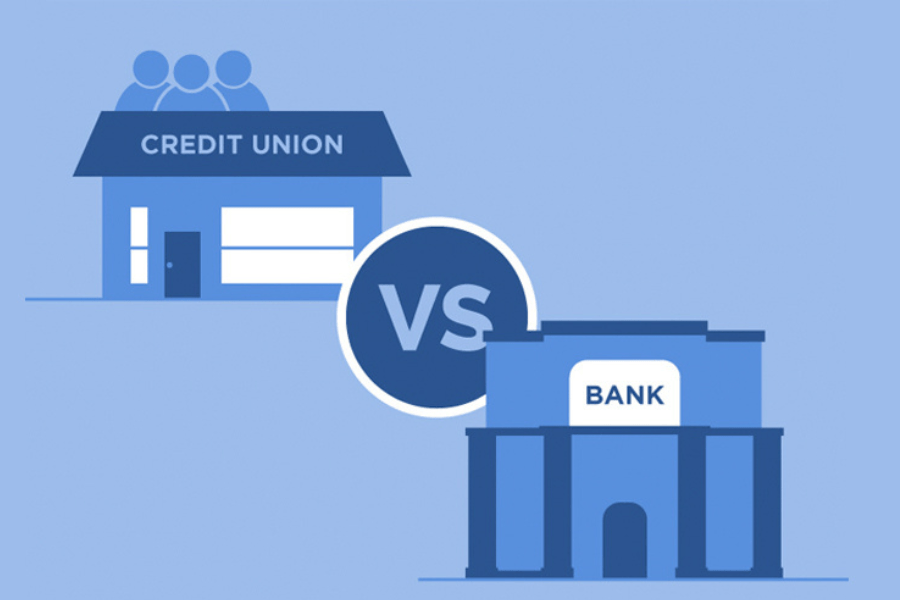Financing Options for Purchasing Land

When it comes to financing the purchase of land in the United States, several options are available to prospective buyers. While traditional mortgage loans are commonly used for home purchases, buying raw land requires alternative financing. Here are some common financing options for purchasing land in the US:
Cash Purchase:
The simplest and most straightforward option is to buy land with cash. If you have sufficient funds available, purchasing land outright eliminates the need for financing and avoids interest payments.
Land Loans:
Land loans are specifically designed for purchasing undeveloped land. These loans typically have higher interest rates and shorter repayment terms compared to traditional mortgages. Land loans may require a larger down payment, typically ranging from 20% to 50% of the land’s purchase price.
Seller Financing:
In some cases, sellers may offer financing options directly to buyers. With seller financing, the seller acts as the lender, and the buyer makes regular payments to the seller over an agreed-upon period. Terms and interest rates can be negotiated between the buyer and seller.
Home Equity Loans or Lines of Credit:
If you own a home and have built up equity, you can consider using a home equity loan or a home equity line of credit (HELOC) to finance your land purchase. These options allow you to borrow against the value of your existing property.
Personal Loans:
Obtaining a personal loan from a bank or credit union is another option for financing land purchases. Personal loans typically have shorter repayment terms and higher interest rates than mortgages, but they can provide the necessary funds for buying land.
USDA Loans:
The United States Department of Agriculture (USDA) offers loans through its Rural Development program to support the purchase of rural land. USDA loans often have favorable terms, low down payment requirements, and competitive interest rates. These loans are specifically available for properties located in eligible rural areas.
Local Banks and Credit Unions:
Local banks and credit unions may offer specialized land financing options tailored to the needs of their communities. It’s worth contacting local financial institutions to inquire about their land loan programs.
401(k) Loans:
A 401(k) loan can be a potential financing option for buying land. With this option, individuals can borrow against the balance of their retirement savings account. While it can provide the necessary funds, it’s crucial to consider the implications. 401(k) loans typically have repayment terms of five years or less, and if the borrower fails to repay the loan within the specified period, it may be treated as an early withdrawal subject to taxes and penalties. Additionally, borrowing from a retirement account may impact long-term savings and future retirement goals. It’s important to thoroughly evaluate the risks and benefits before utilizing a 401(k) loan for land purchase.
It’s essential to research and compare different financing options to find the one that best fits your financial situation and land purchase needs. Consult with lenders, mortgage brokers, or financial advisors who specialize in land loans to explore the specific requirements and terms associated with each option.
Here at Mrlandseller, we provide a platform for everyone interested in buying land.
You can contact us and use our teams to help you through the process to the end.
You can also follow us on social media to be the first one to find out about our new properties (https://www.facebook.com/MrLandSeller/)



